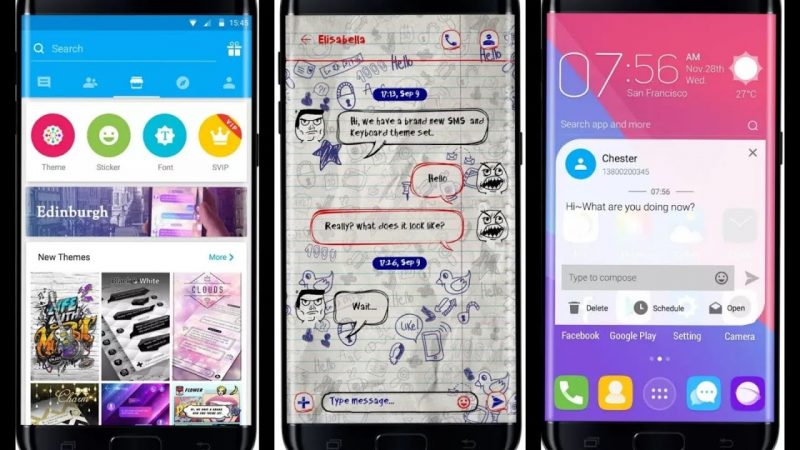Security News

The GO SMS Pro Android app has published two new versions on Google Play since a major security weakness was disclosed in November - but neither fixes the original issue, leaving 100 million users at risk for privacy violations, researchers said. That's according to Trustwave SpiderLabs, which originally discovered a security issue that can be exploited to publicly expose private voicemails, video missives and photos sent using the popular messenger app.

A security weakness discovered in the GO SMS Pro Android app can be exploited to publicly expose media sent using the app, according to researchers. The GO SMS Pro application is a popular messenger app with more than 100 million downloads from the Google Play store.

Our recent articles and videos, all in one place.

Our recent articles and videos, all in one place.

Our recent articles and videos, all in one place.

Our recent articles and videos, all in one place.

The crew at IBM X-Force has uncovered a massive cache of files, including about five hours of training videos intended for a select crew of hackers in Iran known as ITG18. Big Blue said the videos range from two minutes to two hours and mainly cover techniques for compromising popular webmail services.

Some of the victims in the videos included personal accounts of U.S. and Greek Navy personnel, in addition to unsuccessful phishing attempts directed against U.S. state department officials and an unnamed Iranian-American philanthropist. "Some of the videos showed the operator managing adversary-created accounts while others showed the operator testing access and exfiltrating data from previously compromised accounts," the researchers said.

Some of the victims in the videos included personal accounts of U.S. and Greek Navy personnel, in addition to unsuccessful phishing attempts directed against U.S. state department officials and an unnamed Iranian-American philanthropist. "Some of the videos showed the operator managing adversary-created accounts while others showed the operator testing access and exfiltrating data from previously compromised accounts," the researchers said.

A new strain of ransomware has arisen in Canada, targeting Android users and locking up personal photos and videos. Like other ransomware families, it encrypts targeted files.